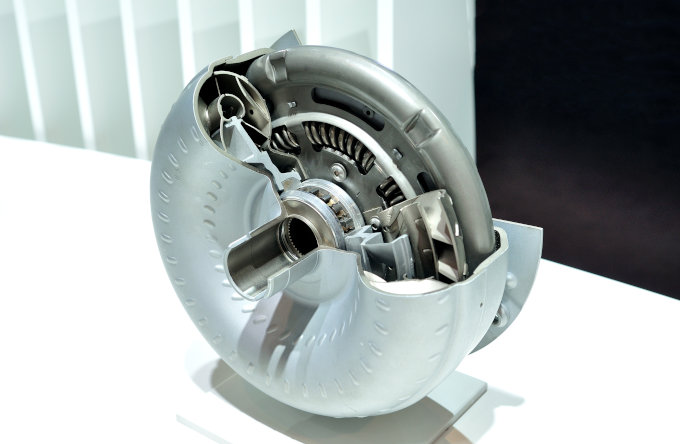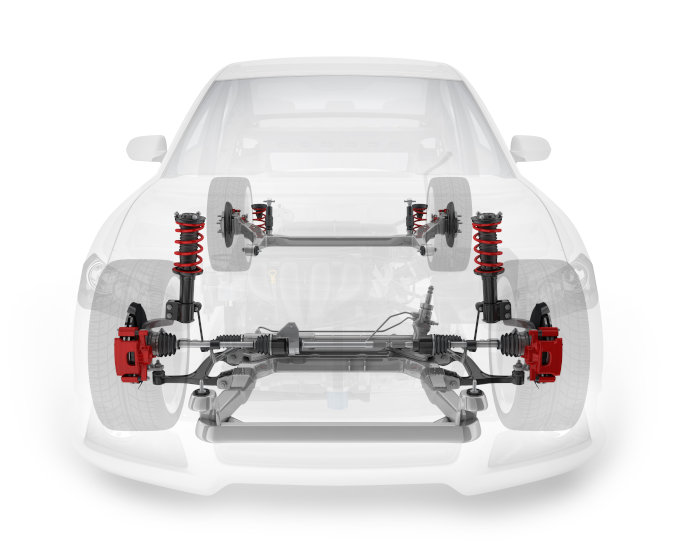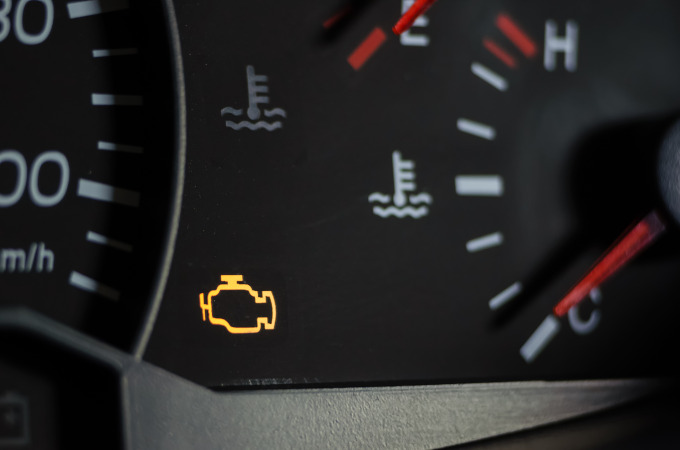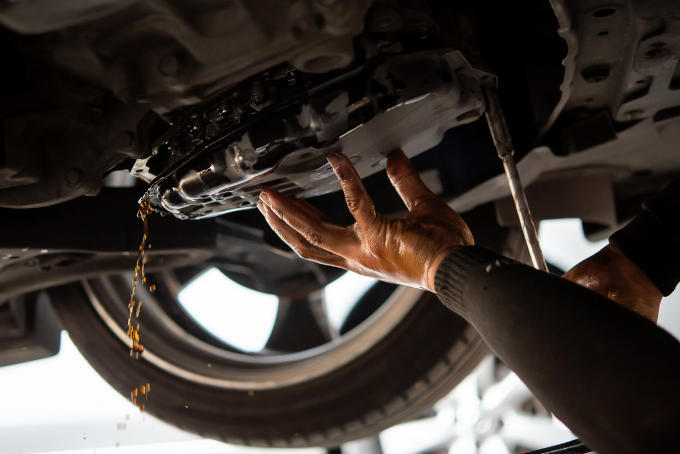When you get in your automatic vehicle, start it, and press the gas pedal, it doesn’t occur to you that these simple actions require many complicated processes under the hood. You’re able to get from point A to point B because of your engine and transmission. The one component that brings both these things together is your torque converter, which serves a vital role in the health and performance of your transmission.
When you experience the need for transmission repair, one of the most common reasons is an issue with your torque converter.
What Is A Torque Converter?
The torque converter is a donut-shaped component hydraulically powered by transmission fluid. It performs the same functions in an automatic transmission that a manual clutch performs in a manual transmission: it transfers rotational energy (torque) from the engine to the wheels, it allows the car to move at different speeds by automatically shifting gears, and it enables your vehicle to stop without stalling by disconnecting the engine from the transmission. The parts of a torque converter include the drive hub, impeller (pump), stator, turbine, clutch assembly, bearings, and front cover.
Symptoms of a Failing Torque Converter
A failing torque converter has noticeable warning signs. If you experience any of the issues below, take your vehicle to a Knoxville transmission specialist immediately.
1. Inconsistent Acceleration
If your vehicle isn’t accelerating as it typically does—the engine revs, but your vehicle does not accelerate—or perhaps you feel a tremor as you push the gas pedal, these could be symptoms of trouble. More often than not, a faulty torque converter could be the cause.
2. Decreased Fuel Economy
Although the torque converter does not shift the actual gears, it does use a clutch that engages and locks to increase fuel economy. Therefore, decreased fuel economy could be a symptom of a failing converter when this mechanism is not working correctly.
3. Odd Sounds or Sensations
Your torque converter could be on the fritz if you hear rattling or whirring noises. Sometimes these unexpected noises are accompanied by shaking or rough vibrations, which can indicate a problem with your torque converter. Bring your vehicle to see a transmission expert as soon as possible.
4. Overheating Transmission
Similar to a vehicle’s engine, the transmission features a delicate temperature gauge, alerting you when the transmission overheats. If you ever find the transmission overheating, you should visit a transmission specialist in Knoxville, TN. An overheating transmission can cause severe internal damage quickly that is costly to repair. A trained technician can tell if it is due to the bad torque converter or some other problem within the transmission.
Top Causes of Torque Converter Problems
Here are the common reasons you may have symptoms of torque converter failure.
1. Broken Torque Converter Seals / Transmission Fluid Leak
If the seal of the torque converter is damaged or wears out, it may cause a leak. Like the rest of the transmission, the torque converter needs transmission fluid for optimal performance. Low transmission fluid diminishes the functionality of the transmission. The torque converter will no longer provide a smooth power transfer from the engine to the transmission. Symptoms include overheating and slippage.
2. Faulty Torque Converter Clutch Solenoid
If a solenoid is faulty, it cannot supply the precise quantity of fluid considered necessary, leading to abnormal pressures. This may lead to issues such as poor gas mileage, engine stalling, and vibrations.
3. Damaged Needle Bearings
The needle bearings separate the main components of the torque converter. The most common sign of damaged bearings is noise while driving. This happens when metal-to-metal friction between the main parts releases metal chips into the transmission fluid.
Torque Converter Maintenance
The torque converter in your vehicle doesn’t need specific care or tuning like other components. However, taking your vehicle in for regular maintenance at our AAMCO Knoxville Center and knowing the warning signs of torque converter trouble can help spot issues before they become more extensive. Transmission problems can be costly to fix, so it is best to catch them early and have them dealt with by a trained technician.
Avoid the Guesswork by Contacting Us Today!
If you notice any symptoms of torque converter failure above, have your transmission assessed by one of our transmission experts at our Knoxville AAMCO Center. We will be happy to take a look and quickly diagnose the problem. Transmission and torque converters are complex components that require special knowledge for repair and replacement to avoid further damage. The torque converter replacement is relatively inexpensive compared to the trouble it may cause to the transmission. Contact us today!











